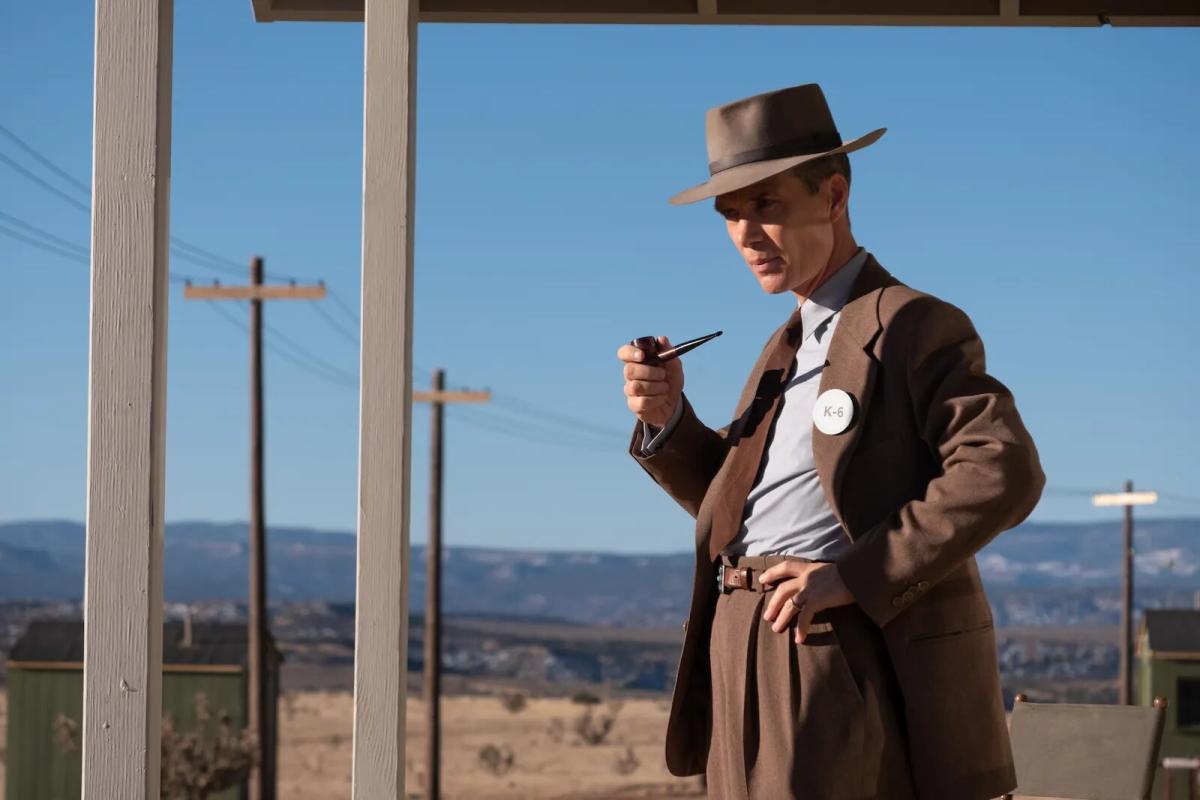In terms of progress, arguably no development has greater ramifications that J. Robert Oppenheimer's creation of the atomic bomb, which was the catalyst for further research into nuclear weaponry and nuclear technology. This discovery has been encapsulated in American Prometheus by Kai Bird, which has been adapted to the surprise summer blockbuster hit, Oppenheimer, directed by Christopher Nolan.
Oppenheimer, with his reputation as the father of the atomic bomb, became the catalyst for scientific developements to come. One historical account from Clarence Cross in December of 1945 for The Science Teacher wrote, "On August 6 an atomic bomb was dropped on Hiroshima. The effect of this bomb was so devastating that universal interest was aroused. Since August 6 many newspaper and magazine articles and several books have been written about 'Atomic Energy'" (9). Within Oppenheimer, a dialogue is presented between Oppenheimer and scientist Niels Bohr, discussing the dangerous nature and potential of their work. Bohr starts the most contemplative section of their discussion, saying, "'The power you are about to reveal forever will outlive the Nazis, and the world is not prepared.' 'You can't lift the stone without being ready for the snake that's revealed.' 'We have to make the politicians understand, this isn't a new weapon, it's a new world'" (Oppenheimer). The men know fully well that this discovery is a Pandora's Box that can never be closed; this development and power will spread throughout the world, with scientists grasping for even a fraction of its power.
Oppenheimer presents one of the most pivotal moments in human progress as Oppenheimer unlocks the door to the atomic age, which would pave the way for both world-ending weapons that could end the world and clean, renewable energy that can save it. Though, optimistically speaking, the progress for nuclear energy seems bright.
Works Cited:
Cross, Clarence. “Atomic Energy.” The Science Teacher, vol. 12, no. 4, 1945, pp. 9–43. JSTOR, http://www.jstor.org/stable/44249481. Accessed 6 May 2024.
Oppenheimer. Directed by Christopher Nolan, Syncopy, 2023.
Wallace, Molly. “The Second Nuclear Age and Its Wagers: Archival Reflexions.” Risk Criticism: Precautionary Reading in an Age of Environmental Uncertainty, University of Michigan Press, 2016, pp. 28–63. JSTOR, https://doi.org/10.2307/j.ctt1gk0894.5. Accessed 6 May 2024.


